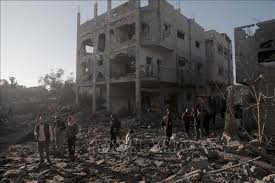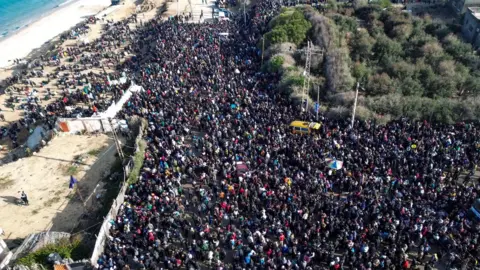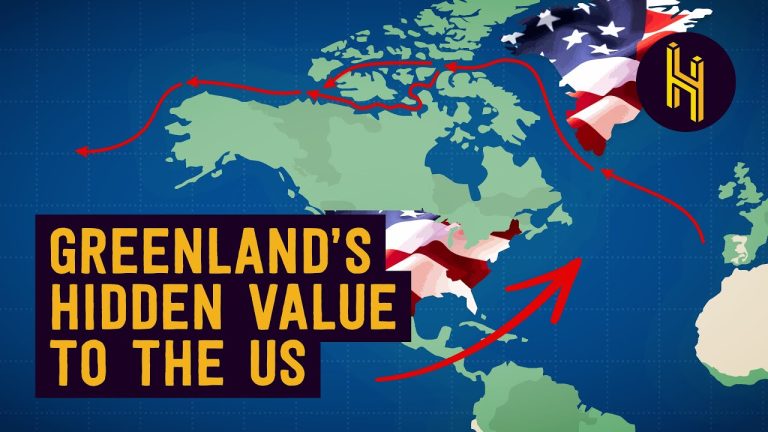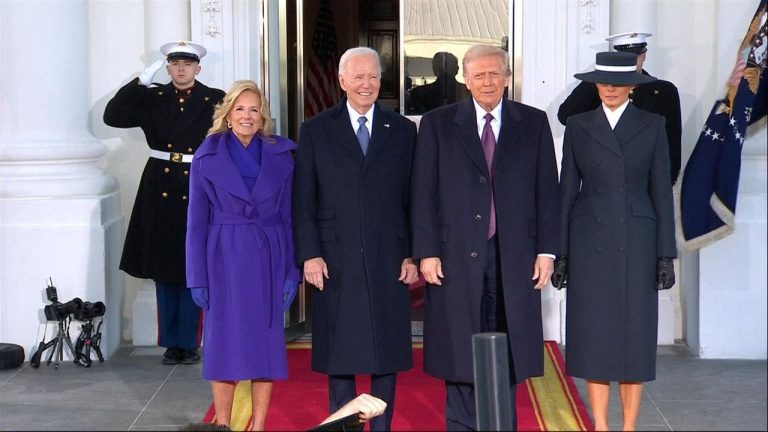
Gaza hostage deal
Three Key Factors That Could Pave the Way for a Gaza Hostage Deal
Marianswoman – A Gaza hostage deal has been a topic of intense negotiations, with many around the world hoping for a resolution that would bring peace and safety to those affected. Amid the ongoing crisis, certain factors could significantly improve the likelihood of a successful deal, providing much-needed hope for both the hostages and their families.
1. Diplomatic Pressure and International Cooperation
One of the most crucial factors in securing a Gaza hostage deal is the involvement of the international community. Diplomatic pressure from key global players, including the United Nations, the United States, and European Union, can play a significant role in encouraging all parties to come to the negotiating table. Coordinated efforts from international governments can help push for a ceasefire or a humanitarian agreement, which could create the conditions necessary for hostage negotiations to progress.
In this context, international cooperation is vital to maintain pressure on the involved parties. Countries with leverage in the region could facilitate direct communication between the hostages’ captors and the negotiating teams. By working together, the international community could help broker a ceasefire or longer-term peace agreement that paves the way for the release of hostages.
2. Humanitarian Considerations and Public Pressure
The humanitarian aspect of a Gaza hostage deal cannot be overstated. Public sentiment and the emotional weight of the situation can push for a resolution. Worldwide media coverage, alongside the efforts of human rights organizations, helps draw attention to the plight of the hostages, which often increases pressure on the parties involved to prioritize the release of innocent civilians.
The involvement of humanitarian organizations can provide assistance by offering to mediate or facilitate negotiations in exchange for assurances of safe passage for those being held. Humanitarian considerations are likely to weigh heavily in negotiations, especially when both sides recognize the devastating impact on innocent lives. The pressure of international public opinion can act as a catalyst for change, prompting governments to act more swiftly.
3. Trade-offs and Negotiation for Hostage Exchange
A Gaza hostage deal is often contingent on both sides agreeing to trade-offs. The prospect of a prisoner exchange or other political concessions could make a hostage deal more appealing to all parties involved. Both sides may look for ways to secure favorable terms in exchange for the release of hostages, which can incentivize them to negotiate more earnestly.
By involving neutral third parties, such as international organizations or respected leaders, the negotiation process could see breakthroughs that allow both sides to reach an agreement. Trade-offs may involve the release of prisoners, political or security guarantees, or even economic support to facilitate longer-term peace in Gaza. A well-managed exchange process could be the key to unlocking a resolution that ensures the safe return of hostages.
Conclusion
In conclusion, a Gaza hostage deal is more likely when key factors come into play. Diplomatic pressure from international allies, humanitarian advocacy, and strategic negotiation for trade-offs all serve as essential pillars for a successful outcome. By building on these elements, there is hope that both sides can come to a peaceful agreement, offering a brighter future for the hostages and those affected by the conflict.



